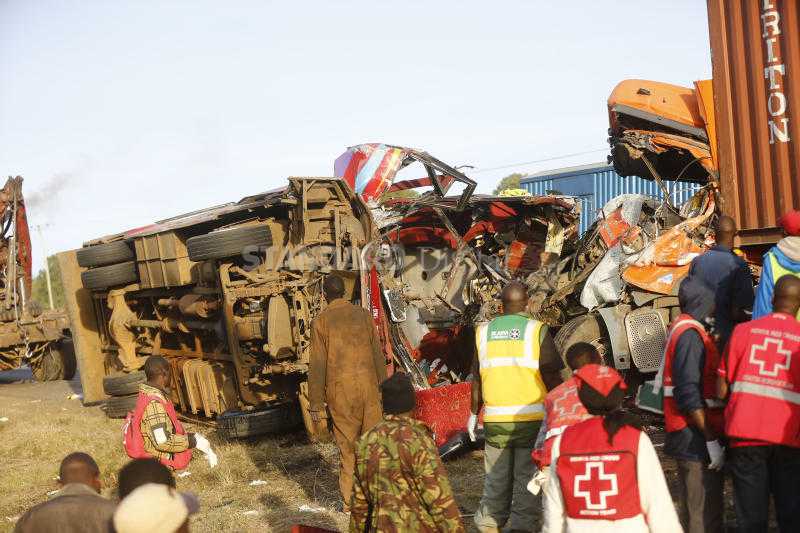×
The Standard e-Paper
Kenya’s Boldest Voice

Road deaths and injuries are holding back economic growth in developing countries such as Kenya, according to a new World Bank survey.
The study estimates that unabated traffic fatalities in poor countries could reduce productivity per person by between seven and 22 per cent in the next 24 years.